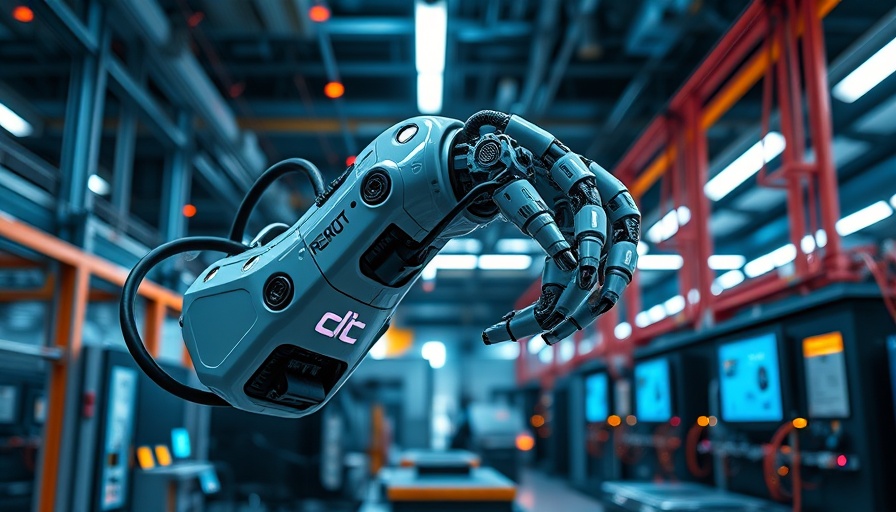
Understanding the Transition: From Reactive to Agentic AI
The technological landscape is witnessing a significant evolution with the introduction of agentic and robotic AI systems. This shift is defined by the move from traditional, reactive AI models—such as generative AI, which responds to prompts—to more advanced systems capable of proactive decision-making. Agentic AI, unlike its predecessors, not only analyzes data but also sets goals and adapts its actions based on real-time feedback. This transformation marks a pivotal change in how machines interact with their environment and perform tasks.
The Essence of Agentic AI: Redefining Autonomy
At the core of this new wave of AI lies the capacity for systems to reason and act autonomously. As Rohan Agrawal, CEO of Cogito Tech, highlights, "We are moving from AI that simply reacts to AI that proactively shapes its environment." Unlike generative AI, which is primarily task-based and reliant on human input for direction, agentic AI operates on its own accord, learning from experiences and evolving to tackle complex challenges across various domains.
Integration with Robotic Systems
Robotic AI further enhances the capabilities of agentic technology by merging software intelligence with physical systems. This integration allows robots to navigate real-world environments, making dynamic decisions while working alongside human operators. Applications range from logistics, where robotic systems streamline inventory processes, to healthcare, where AI assists radiologists in detecting critical anomalies. These robotic solutions are only possible thanks to the foundational innovations in agentic AI.
Data is the Lifeblood of Agentic AI
For agentic AI systems to function effectively, a robust and nuanced set of data is essential. Companies like Cogito Tech emphasize the importance of high-quality, domain-specific datasets that reflect real-world variability. By employing thorough curation processes and human oversight, they ensure that their AI models are trained on diverse scenarios, leading to adaptive and reliable outputs in unpredictable situations.
Agentic AI Across Industries
The benefits of agentic AI are becoming evident in multiple sectors. From transforming customer service interactions through AI-driven chatbots that provide tailored experiences to aiding financial institutions in recognizing fraud patterns, agentic AI is scalable and versatile. Notably, in healthcare, AI's ability to analyze medical records expedites patient care while boosting operational efficiency, underscoring the technology's broad-ranging impacts.
The Future of Intelligent Automation
As we look to the future, evolving technologies in machine learning, natural language processing, and robotic applications are set to redefine the workforce landscape. The integration of agentic AI with existing automation technologies, such as Robotic Process Automation (RPA), is paving the way for even more sophisticated automated processes. Businesses are increasingly leveraging this convergence to enhance productivity and operating agility, enabling them to respond swiftly to changing market demands.
Challenges and Considerations
However, the path to comprehensive agentic AI integration is not without hurdles. Ethical concerns regarding decision-making accountability and potential biases in AI outputs require careful navigation. Companies must develop clear governance frameworks to ensure responsible use and maintain trust in these autonomous systems. Moreover, organizations need skilled personnel to manage the sophisticated interplay of these technologies.
Conclusion: Embracing the Future of AI
In conclusion, the shift from reactive to proactive AI is a transformative development that holds vast potential for organizations across various industries. Agentic AI stands at the forefront of this evolution, empowering businesses not just to automate but also to innovate, adapt, and thrive in a dynamic environment. As AI continues to evolve, embracing these advances will be essential for those seeking to lead in the ever-changing world of technology.
 Add Row
Add Row  Add
Add 




 Add Row
Add Row  Add
Add 

Write A Comment